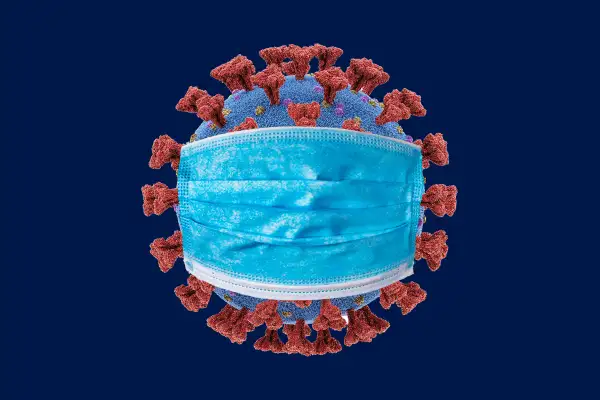Coronavirus Scams Are on the Rise

In a matter of weeks, the coronavirus outbreak has roiled global markets, canceled major events and inspired a run on hand sanitizer.
Now, it could be helping fraudsters steal your money.
Several state and federal government offices have issued alerts warning the public about scammers looking to capitalize on coronavirus fears. From websites peddling fake cures to messages claiming to be from the Centers for Disease Control and Prevention, the scams come in various forms but pose a big threat to panicked consumers.
"There already is a high level of anxiety over the potential spread of coronavirus," Federal Trade Commission Chairman Joe Simons said in a news release. "What we don’t need in this situation are companies preying on consumers by promoting products with fraudulent prevention and treatment claims."
Examples of coronavirus scams include:
- emails claiming to be from the CDC or World Health Organization with attachments purporting to contain information about the coronavirus (they don't — these are phishing emails)
- offers for coronavirus treatments, including vaccinations and cures (there are none)
- requests for donations to charity or crowdfunding campaigns supporting coronavirus victims (WHO does not ask directly for donations)
- promotions suggesting certain companies' stock are about to rise in value because they can detect or stop the coronavirus (these may be pump-and-dump schemes, and investors could lose money)
- messages allegedly from human resources departments that link out to a list of affected regions if the recipient logs in (they're actually stealing passwords)
- emails asking people to download programs to help speed up the process of finding a coronavirus cure (these then install malware)
- robocalls informing patients that they've tested positive for the coronavirus (hospitals generally don't share serious test results via robocall)
- social media posts suggesting that avoiding cold foods like ice cream can prevent the coronavirus (it doesn't)
Though officials are cracking down on these scammers and others, there are steps you can take to protect yourself — and your wallet — from coronavirus cons.
To stay safe, the FTC recommends you don't click on links from people you don't know, check your antivirus software and thoroughly research any requests for donations. The Securities and Exchange Commission says to be careful when presented with coronavirus-linked investment opportunities. And finally, the Better Business Bureau reminds you to be skeptical of miracle cures. Ask your doctor if in doubt.
More from Money:
Every Major Airline's Coronavirus Change and Cancellation Policy
Coronavirus and Travel Insurance: Everything You Need to Know
The Coronavirus Outbreak is Exactly Why Companies Need Pandemic Policies
